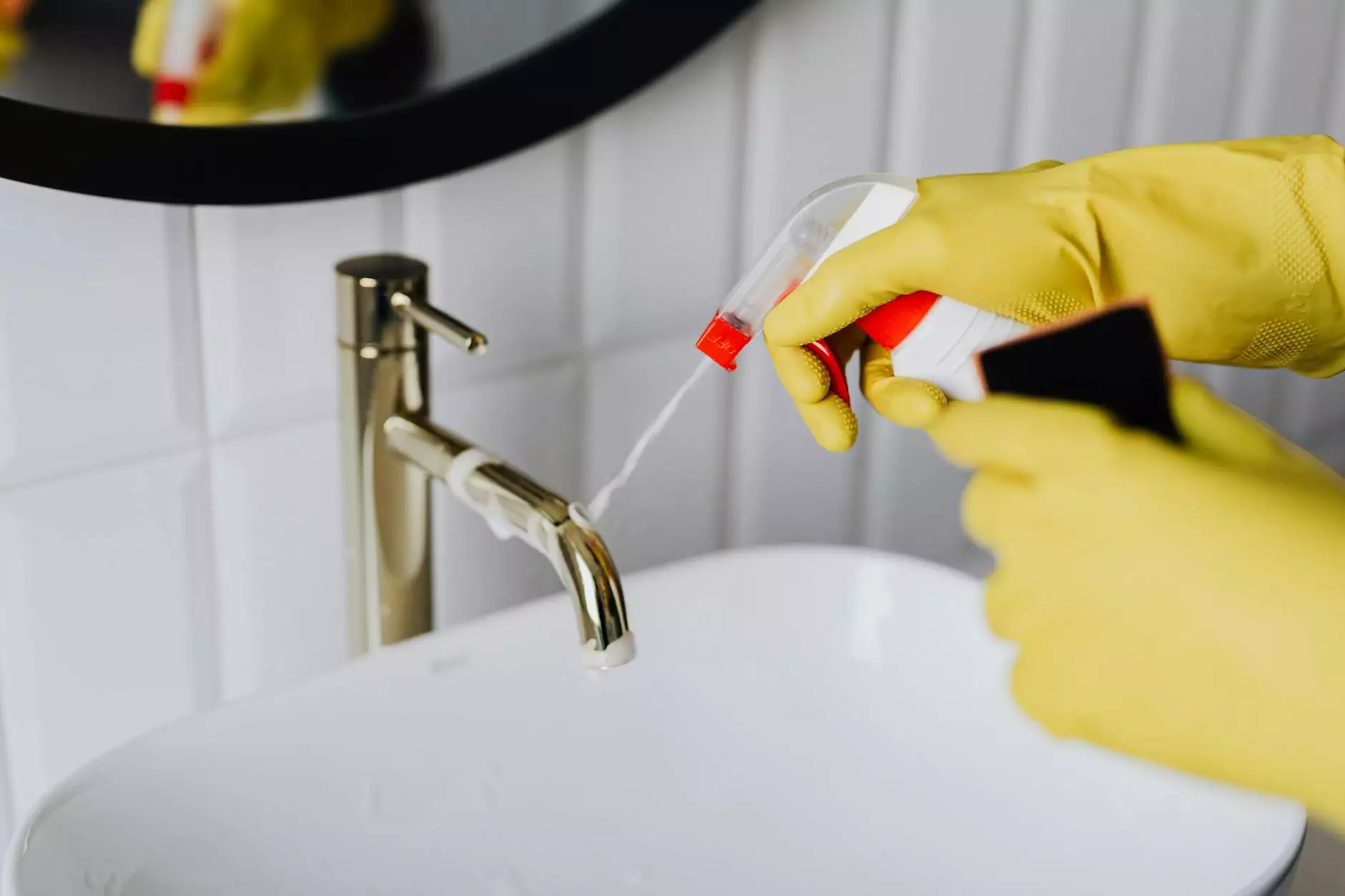Understanding Water Purifier Equipment: Enhance Your Water Quality

Access to clean, safe, and healthy water is a fundamental necessity for every individual. The use of water purifier equipment has become increasingly popular as awareness of water quality and safety rises. In today’s article, we will explore the various aspects of water purifier equipment, its categories, and how it can benefit you, outlining the best practices for selecting the right purification solutions for your home or business.
The Importance of Water Purifier Equipment
Water is essential for life, and the presence of contaminants in our drinking water can lead to severe health issues. This makes water purifier equipment crucial for both private and commercial use. Here are several reasons why:
- Health Safety: Contaminated water can harbor bacteria, viruses, heavy metals, and other harmful pollutants, leading to diseases. Effective water purification can mitigate these risks.
- Improved Taste and Odor: Water purification removes unpleasant tastes and odors, providing fresher and cleaner drinking water.
- Environmental Impact: Using purification systems encourages reduced plastic waste by promoting the use of refillable containers over bottled water.
- Compliance with Regulatory Standards: Many areas require regular testing for drinking water contaminants. A good water purification system ensures compliance with local regulations.
Types of Water Purifier Equipment
Understanding the different types of water purifier equipment available can help you make informed decisions. Below are the most common types:
1. Reverse Osmosis (RO) Systems
Reverse Osmosis systems are among the most popular types of water purifier equipment. They utilize a semipermeable membrane to remove impurities, including heavy metals, salts, and microorganisms. The process involves:
- Pre-filtration: Water is pre-filtered to remove larger particles and chlorine.
- RO Filtration: The water is forced through the RO membrane, where contaminants are filtered out.
- Post-filtration: Additional filters may be used to enhance water taste and quality.
2. Activated Carbon Filters
Activated carbon filters are utilized for their ability to absorb impurities and improve taste. They are effective against:
- Chlorine: Reduces chlorine and its byproducts that can cause an unpleasant taste and odor.
- Organic Compounds: Absorbs various organic compounds, ensuring cleaner water at low operational costs.
3. Ultraviolet (UV) Purifiers
UV purifiers use ultraviolet light to kill bacteria and viruses without chemicals and do not alter the water's taste or odor. This method is particularly effective for:
- Bacteriological Contaminants: Effectively eliminates pathogens such as E. coli and viruses.
- Chemical-Free Treatment: Provides an environmentally friendly option without the use of chemicals.
Choosing the Right Water Purifier Equipment
Selecting the appropriate water purifier equipment can be a daunting task given the variety of options available. Here are the essential factors to consider:
1. Water Quality Testing
Before investing in water purification services, conduct a water quality test. This will help identify the specific contaminants in your water supply and determine the most suitable purification technology.
2. Volume and Consumption Needs
Consider how much water your household or business requires. Larger households might need a more extensive system or a unit that can handle greater volumes.
3. Maintenance and Upkeep
Evaluate the maintenance requirements of the chosen system. Some systems may require frequent filter replacements or complex maintenance, while others are low maintenance.
4. Initial and Long-term Costs
While considering water purification services, factor in both the initial purchase price of the equipment and the long-term operational costs, including filter changes and water consumption costs.
Water Purification Services and Suppliers
Choosing reliable water purification services and suppliers is crucial to ensure you receive quality equipment and support. Here’s how to find the best providers:
1. Research and Reviews
Look for companies that specialize in water purification equipment. Reading reviews and testimonials from previous customers can provide valuable insights into their reliability and service quality.
2. Certification and Expertise
Choose suppliers with certification from recognized water quality organizations. Their expertise and knowledge about local water quality and treatments are essential for ensuring the best results.
3. Customer Support and After-sales Service
Evaluate the level of customer support and after-sales services provided. A reputable supplier should be available to assist with installation, regular maintenance, and any inquiries.
Exploring Water Stores
Additionally, local water stores can be an excellent resource for purchasing water purifier equipment. Here is what to expect:
1. Product Variety
Check for a wide range of products that suit different needs and budgets. A well-stocked store will offer various models including portable filters, faucet-mounted systems, and larger home units.
2. Demonstrations
Some water stores might provide demonstrations of their products, allowing you to see the equipment in action before making a purchase.
Conclusion
In conclusion, investing in quality water purifier equipment is vital for ensuring safe, clean drinking water for you and your family or clients. By understanding the types of water purification systems available, evaluating your needs, choosing reliable suppliers, and exploring local water stores, you can make a well-informed decision that meets your requirements. Don't leave your health to chance; take the necessary steps to purify your drinking water today!
For more information about our water purification services, suppliers, and water stores, please visit bimakskimya.com.tr and explore how we can assist you in achieving cleaner, healthier water.









